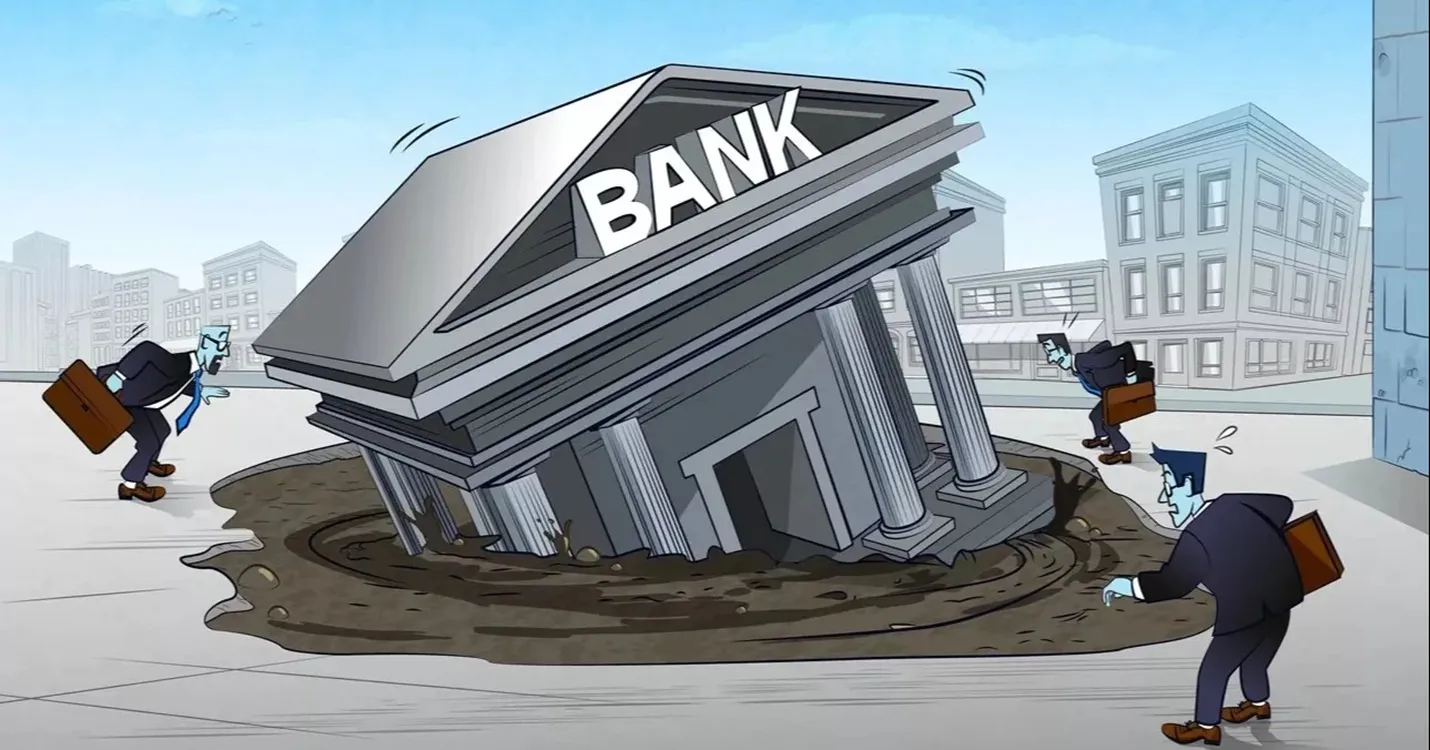


Bangladesh's banking sector is facing a deepening systemic crisis, with the latest independent audit for the June quarter revealing a collective capital shortfall of Tk 1,55,866 crore a sharp increase from the previous quarter's deficit.
Bangladesh Bank data shows that 24 of the 61 scheduled banks have failed to maintain the legally required minimum capital, including four state-owned, two specialized, and 18 private commercial banks.
The primary driver of this alarming deficit is a dramatic surge in non-performing loans (NPLs). Industry leaders attribute the NPL surge to the recent reporting of previously "evergreened" debts and large-scale loan corruption from the previous government's tenure.
As bad loans increase, banks fail to maintain necessary security provisions, which directly erodes their capital base and violates the Basel-III framework's minimum capital requirement (MCR) of 12.5% of risk-weighted assets.
The specialized bank Bangladesh Krishi Bank recorded the highest overall shortfall at Tk 29,161 crore, while major deficits were also reported by state-owned Janata Bank (Tk 17,025 crore) and several large private and Shariah-based banks, including Union Bank (Tk 21,387 crore) and Islami Bank Bangladesh (Tk 18,504 crore).
Economists warn that restoring stability is a monumental task that will require long-term planning, improved governance, and a stable political environment.
Comment